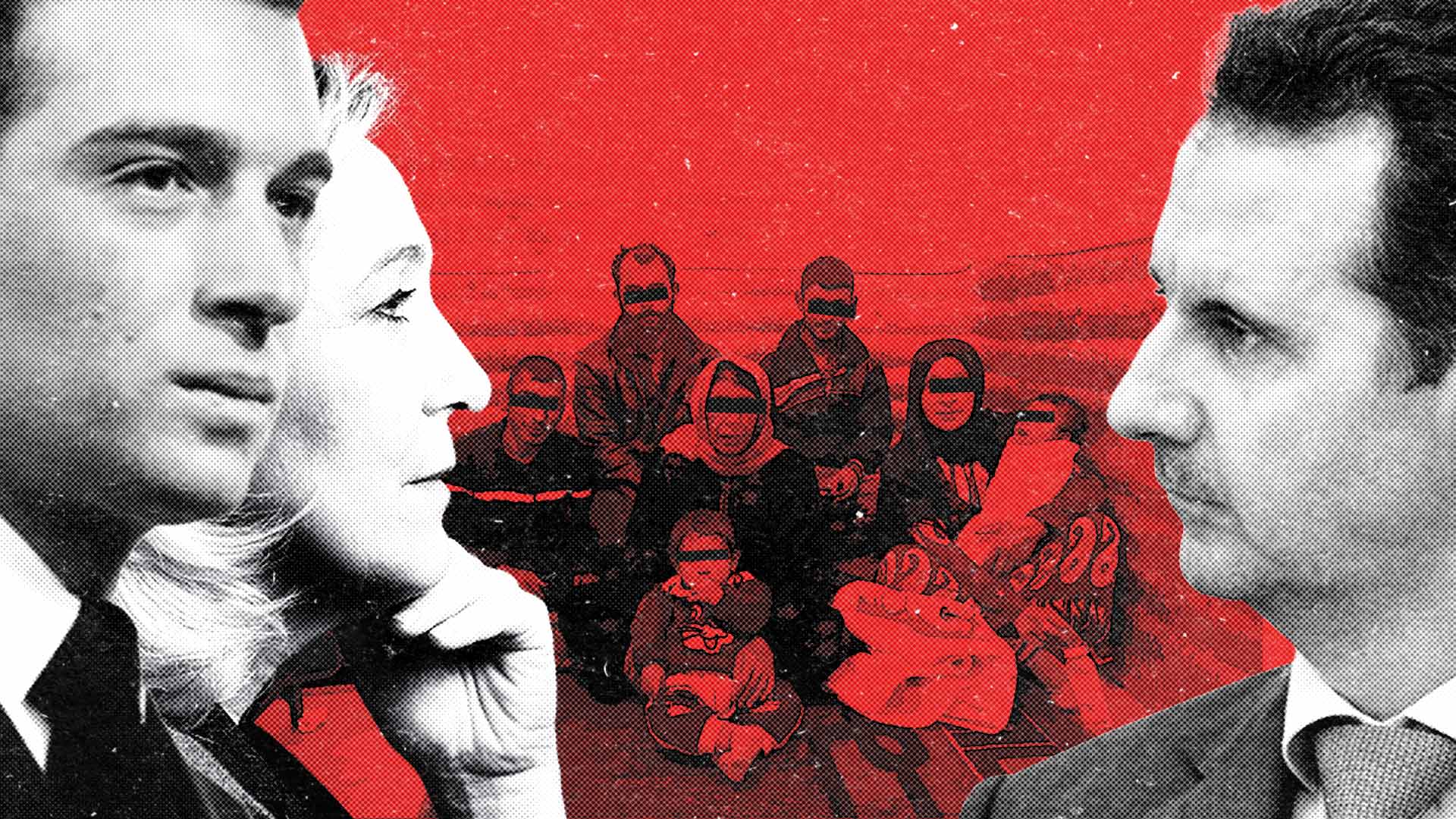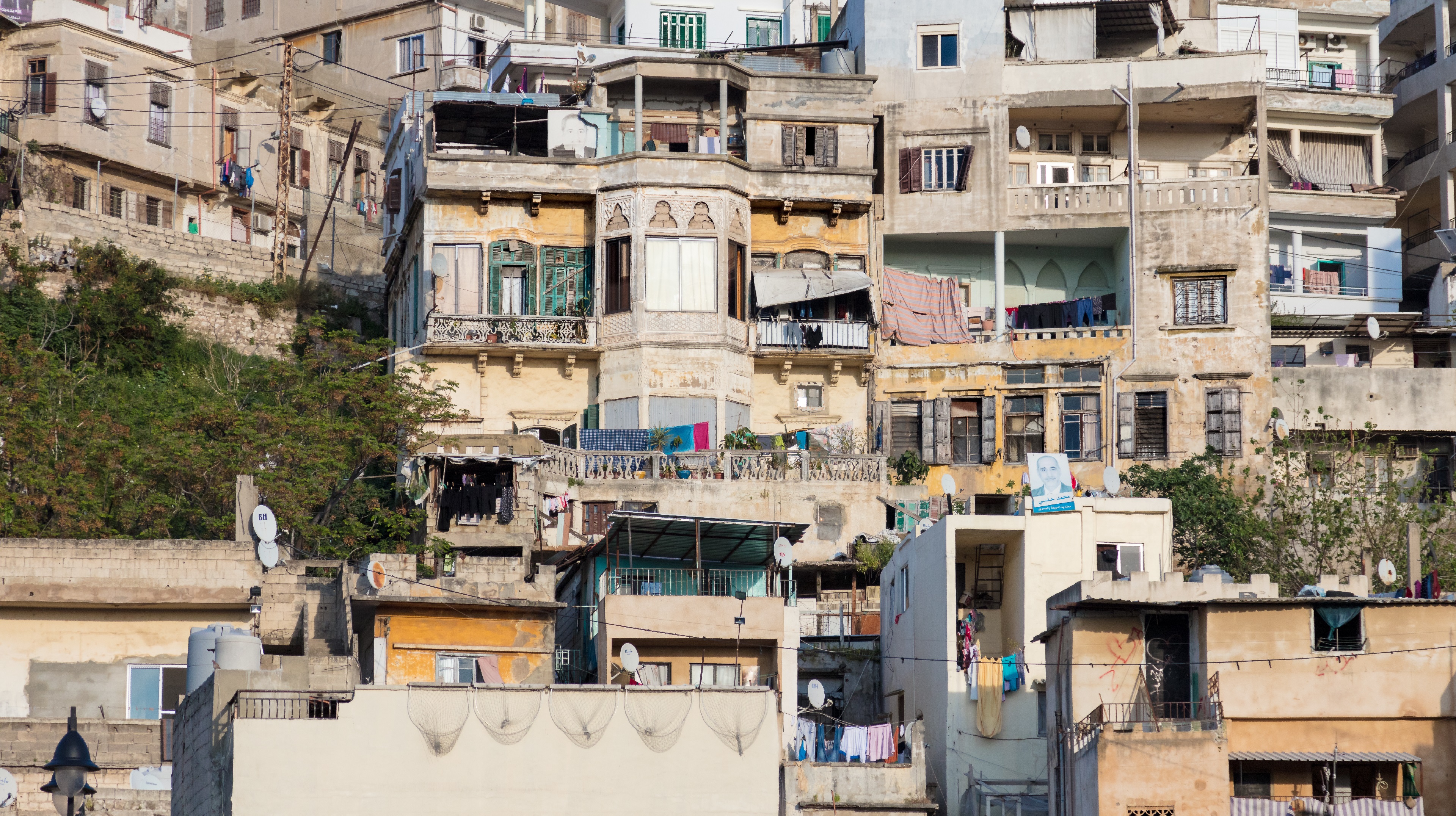November commenced with the arrest of Lebanese and Palestinian migrants attempting to flee from the shores of North Lebanon. This crackdown, led by the Lebanese Armed Forces, follows one of the worst migrant boat tragedies in recent history when a boat launched from Lebanon capsized off the Syrian coast in September. The sinkage claimed the lives of over 100 passengers. These events form a growing pattern of refugees and migrants, increasingly of Lebanese citizenship, attempting to escape the country by boat.
Attempts by the political elite to avoid addressing the economic reality at the root of informal migration most often manifests in a narrative pinning Lebanon’s ongoing crisis on Syrian refugees. For instance, Caretaker Prime Minister Najib Mikati addressed the UN General Assembly in September claiming that Syrians have “overwhelmed Lebanon’s capacity to bear the burden.” The statement comes alongside a plan by the Lebanese Ministry of Displaced to repatriate 15,000 Syrian refugees per month. An estimated 1,000 individuals have already been returned to Syria in the first two convoys. Another markedly less publicised instrument is a Bilateral Readmission Agreement with Cyprus, renewed in 2020, enabling the forcible return of migrants arriving by sea to Cyprus from Lebanon.
“The Lebanese state … will try to find a person that is responsible like we also saw in the case of the shipwreck in April,” said Corinna Zeitz, spokeswoman for Alarm Phone, a mobile hotline for refugees in distress in the Mediterranean.
Survivors of a migrant boat sinkage off Tripoli last April described deliberate Lebanese navy ramming as responsible for the tragedy in which around 40 passengers died. The Lebanese authorities swiftly responded with an Internal Security Forces (ISF) campaign arresting smuggling suspects. Smugglers have since been presented as orchestrating migrant boat crossings, carelessly overloading vessels, and ignoring safety requirements. Markedly less publicised was a lawsuit filed by victims’ families from the April sinkage alleging that the Lebanese army had detained missing survivors.
Such diversion tactics come as no surprise. “It is the classic extreme right-wing discourse that puts the responsibility on the victim rather than the executioner,” explained Wadih Al-Asmar, President of the Lebanese Center for Human Rights. Indeed, it is decades of government mismanagement and systemic corruption that most Lebanese view as responsible for the current situation compelling nationals to flee.



